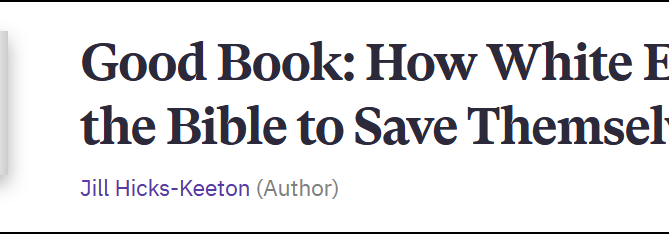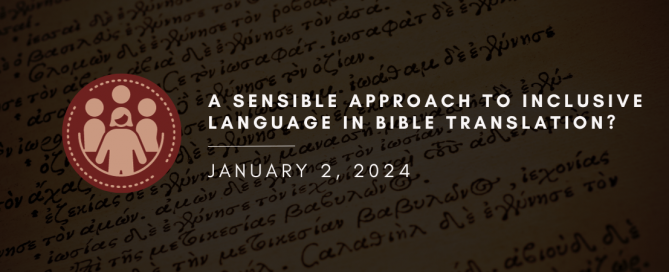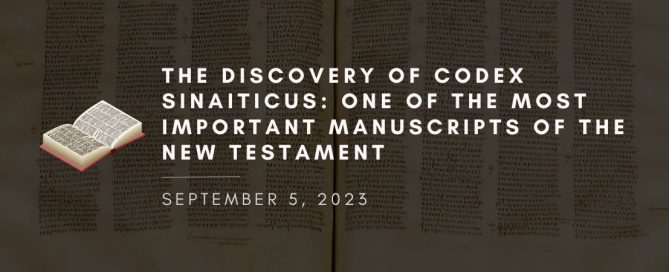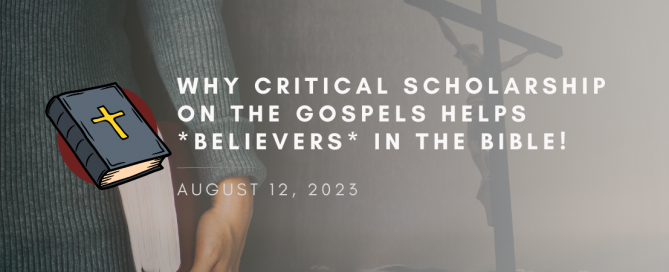The Jesus Seminar and the Non-Apocalyptic Jesus. Hey, Why Not?
I have recently received several questions more or less out of the blue about what I think about the “Jesus Seminar” and its views of Jesus. I looked and it appears I’ve only had one brief posting on this issue, so I thought I should say a few things, first by explaining what the question means. The Seminar was made up of a group of about fifty New Testament scholars who, in the 1980s and 1990s, met twice a year to discuss the ancient Gospels (mainly the canonical Gospels and the Gospel of Thomas) to determine which traditions about Jesus were likely to be authentic, and which, as a corollary, were likely to have been later creations of the early church as they told stories about Jesus. The members of the seminar would then vote on each tradition – after extensive, learned discussion -- and publish the results of their votes. The voting procedure proved to be controversial. The Seminar’s original raison d’être was to establish what Jesus actually said, and so they [...]




